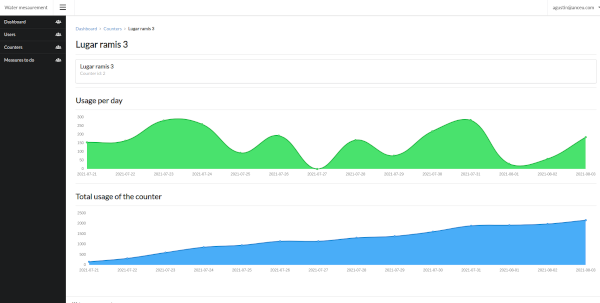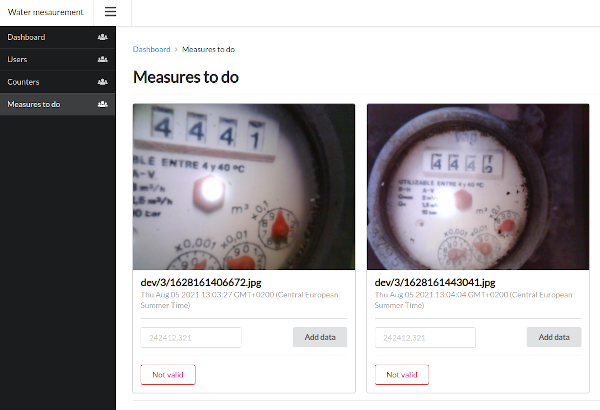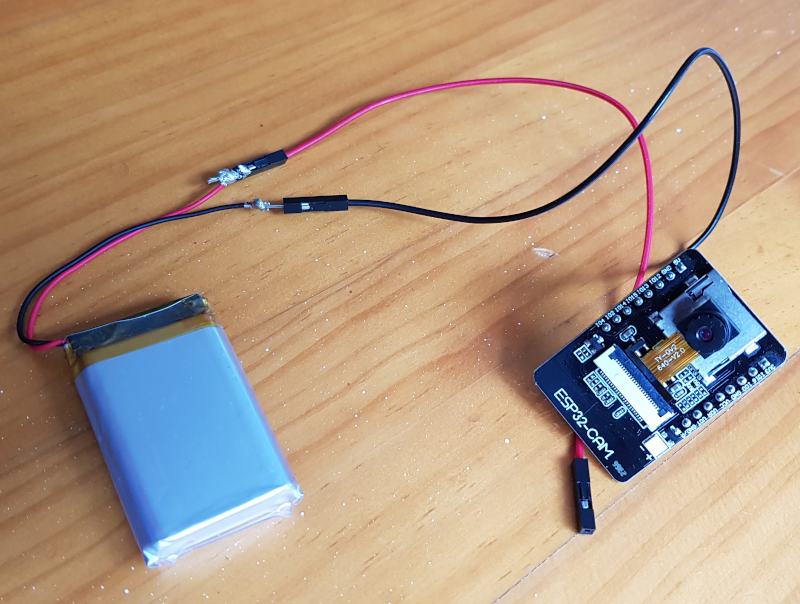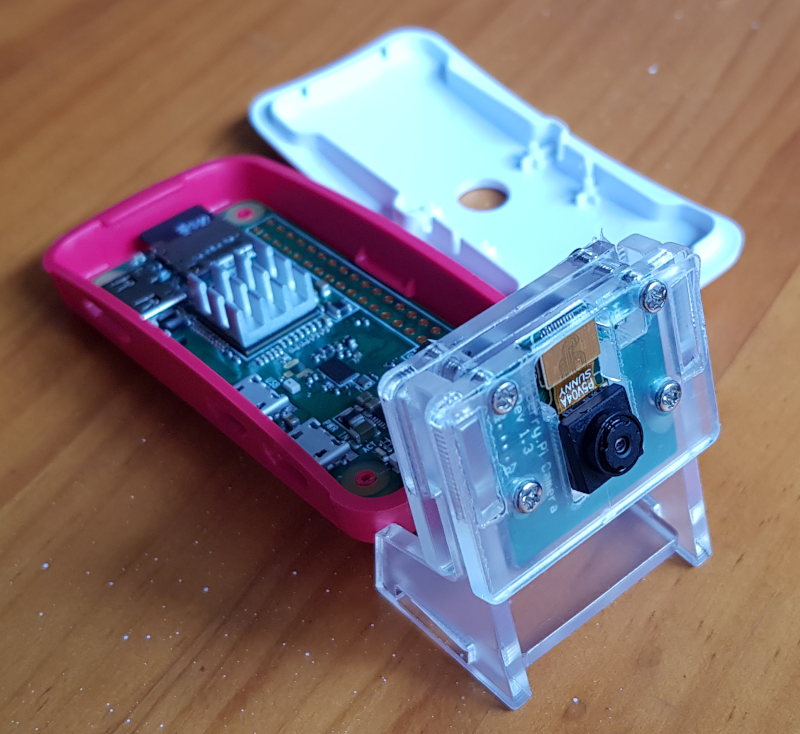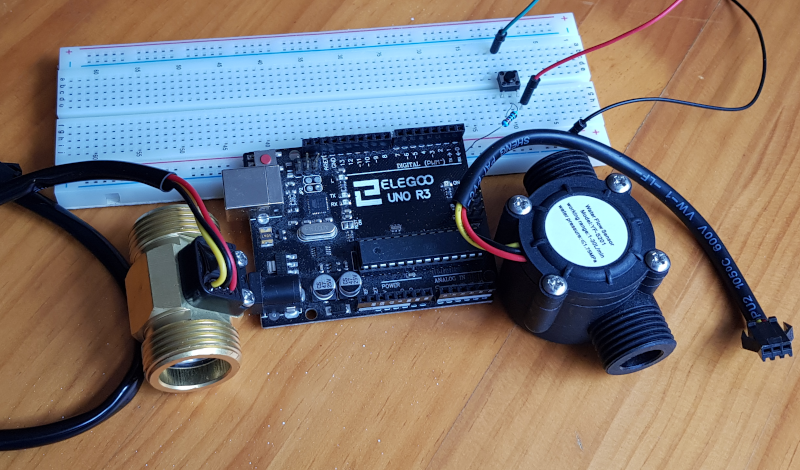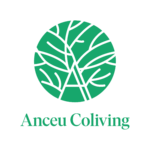
Promote rural innovation
To help solve rural problems using new technologies and innovation design.

Develop communities
To face rural problems: emigration of young generations, rural exodus, digital divide.

Create open source solutions
To share solutions with other rural communities who can then implement them.


 Brainstorming with the coliving community
Brainstorming with the coliving community
